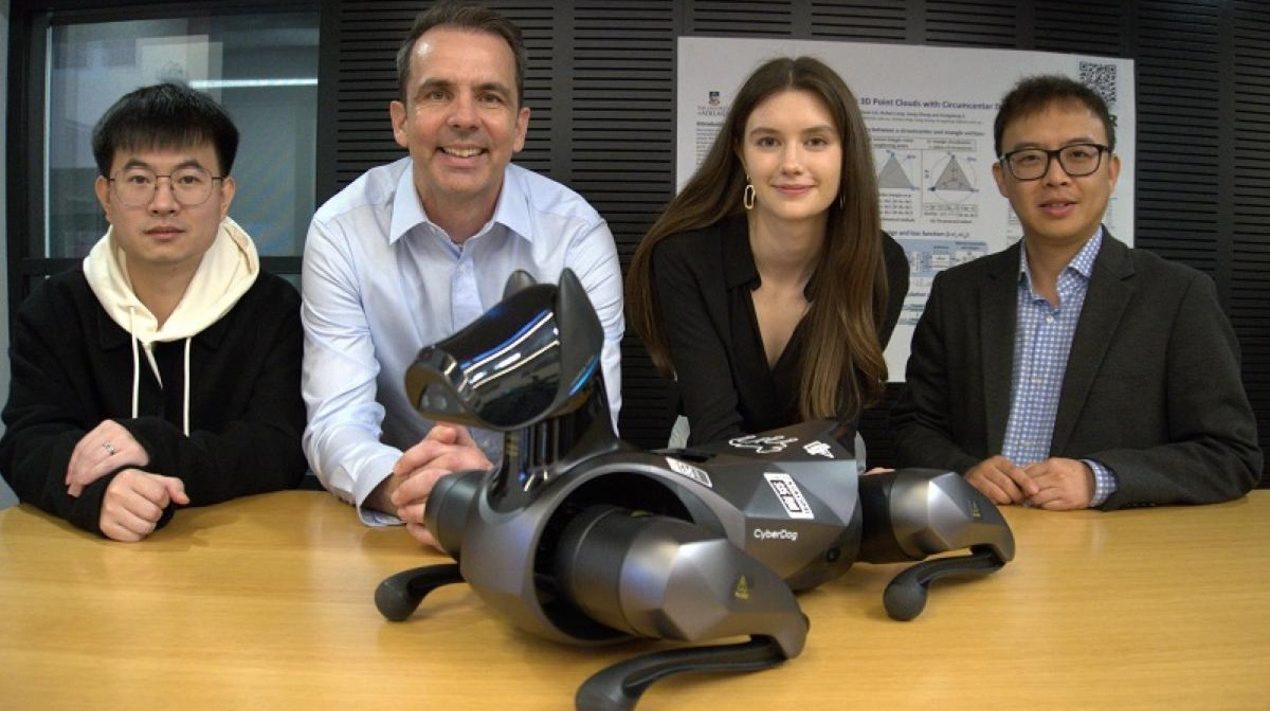
|
Getting your Trinity Audio player ready...
|
Taking a substantial stride in advancing the digitalisation of Taiwan’s healthcare system, the National Health Insurance Administration (NHIA) of the Ministry of Health and Welfare has formalised a collaboration with the Healthcare Information and Management Systems Society (HIMSS) of the United States through a memorandum of understanding (MoU).
This partnership aims to enhance digital health capacity, improve patient access, safeguard patient data, and train the health workforce of the future. It will also focus on areas such as population health, digital capacity building, cybersecurity resilience, and workforce development.
The MoU signifies a joint commitment to drive digital transformation in Taiwan’s healthcare system, with a focus on leveraging HIMSS’s expertise and resources to achieve these objectives. The collaboration, initiated late last year, signifies a pivotal move to bolster information exchange, cybersecurity resilience, and the international alignment of healthcare information standards.
The NHIA, led by Director General Chung-Liang Shih, stressed the imperative of digital transformation amid the challenges posed by the COVID-19 pandemic and the imminent transition to a super-aged society by 2025.
Recognising the urgency, the NHIA proposed the Health Equity and NHI Digital Transformation Project, gaining approval from the Executive Yuan. This project encompasses eight strategies focused on empowerment, cloud systems, service accessibility, and data ecosystem development, aiming to establish a people-centric digital platform – the family medicine platform – consolidating all health data.
One of the project’s key facets involves collaboration with medical institutions and private businesses to develop a personalised app. This app not only enhances individuals’ health literacy and management but also facilitates effective disease management through AI assistance, providing valuable feedback to healthcare professionals.
Additionally, the initiative seeks to modernise local clinics and community pharmacies by upgrading their information systems and introducing international standards to enhance data interoperability, ultimately improving overall healthcare performance. HIMSS, with over 60 years of experience, brings its expertise to the collaboration, focusing on advancing the application of information technology in health services worldwide.
The MoU centres on integrating the HIMSS Digital Health Indicator (DHI) and optimising cybersecurity strategies to support the NHIA’s digital platform and enhance cross-system data processing. The collaborative efforts aim to elevate the smart utilisation of health data, refine the NHI database ecosystem, and enhance overall healthcare quality.
The partnership with HIMSS aligns with four primary focuses: holistic healthcare improvement, digital capacity building, cybersecurity resilience enhancement, and workforce development. Through an evidence-driven approach and the DHI framework, the collaboration aims to foster an NHI digital health ecosystem, encompassing electronic medical records, digital imaging, data analysis, and infrastructure development.
HIMSS President & CEO Hal Wolf emphasised that the application of digital health technology is a critical step in enhancing health equity and patient outcomes for Taiwan’s healthcare system. The collaboration between NHIA and HIMSS signifies a commitment to increasing healthcare access, safeguarding patient data, and nurturing the future healthcare workforce, thereby contributing to the transformation of healthcare in Taiwan.
NHIA Director General Chung-Liang Shih underscored the importance of agility and resilience for the sustainable development of the healthcare system. The collaboration with HIMSS is poised to upgrade the NHI information system, align it with international standards, and propel digital transformation, ultimately enhancing healthcare quality and efficiency for the benefit of the entire population. Together, NHIA and HIMSS are set to play a pivotal role in shaping the future of healthcare in Taiwan.
















